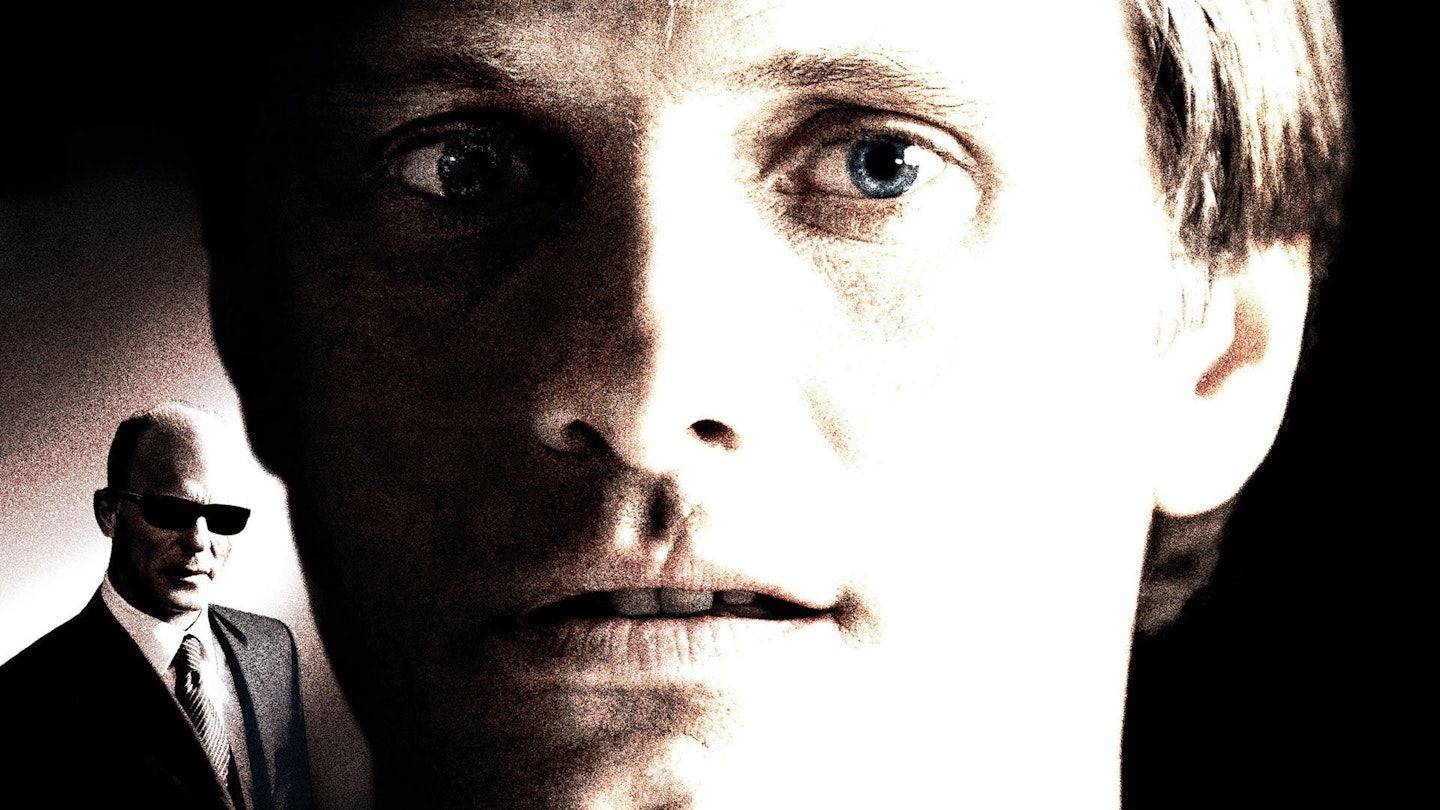Even David Cronenberg fans will have to admit that the director’s output has been variable of late. After the Daily Mail fomented brouhaha over Crash he seemed to find it difficult to find a project that fully engaged him. Existenz had the odd nice idea but the slightly mildewed feeling of grandad discovering there was somewhere called virtual reality a decade after everyone else had moved on, while many found Spider maddeningly abstruse. A History Of Violence is a confident return to form and his most accessible film since The Fly, delivering what is in essence a comic-book fable heavily influenced by Westerns, but sneaking the familiar Cronenbergian themes in through the back door.
On the surface History bears more than a passing resemblance to Straw Dogs in its tale of Tom Stall (Viggo Mortensen) an apparently peaceful man forced to take action when he and his family are threatened first by a pair of psycho hillbillies and then by a set of hoods from Philly headed up by Ed Harris.
Cronenberg doesn’t do much to disguise the story’s genesis as a graphic novel, painting the characters and locals in broad pop-cinema strokes that sometimes sit (deliberately) uneasily with the sudden, explosive violence and leaving the audience uncomfortable about how to react - when the movie screened in Cannes an audience laugh provoked one irritated viewer to yell “Stop laughing you fucking piece of shit critics and take this film seriously!”.
The fact is you can, and are probably meant to do both as lurking underneath the plot mechanics and gory set pieces (surprisingly well wrought from a director whose ideas are often superior to his technical skills) are Cronenberg’s usual concerns: violence is seen as a contagion, arriving like a virus uninvited into the family’s lives, slowly infecting each of them: Stall’s son winds up putting a school bully in hospital, the couple’s sex life mutates from the eroticism of an early sex scene to something darker and more sadistic in a subsequent one. Meanwhile like Seth Brundle in The Fly or Max Renn in Videodrome Tom Stall is a man caught in the midst of a horrifying metamorphosis that he is powerless to control - from family man to professional killer.
Cronenberg’s film quietly challenges your reactions to the violence as you enjoy it and its enigmatic, haunting final scene is as much about its audience as about the characters on screen.

